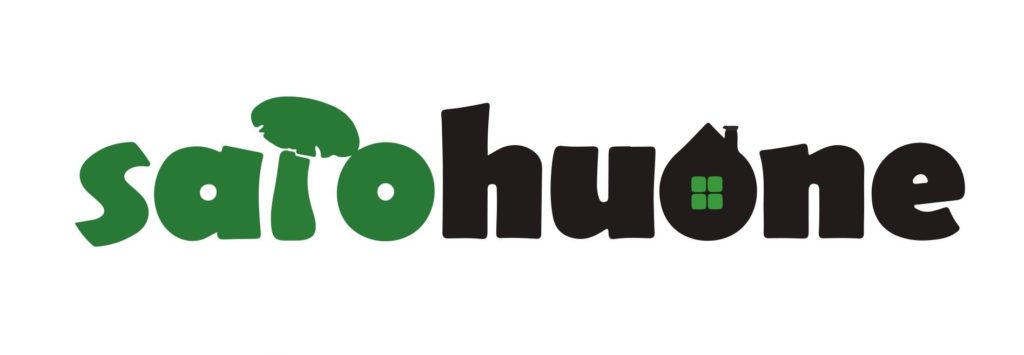
Satohuone grows mushrooms in three layers and microgreens in five layers stacked vertically. That results in very low energy needs as little acreage is needed. Satohuone (“Crop room” in english) is a 27m2 room in which the whole production happens. Vertical farming also allows production near the customers. We are based just a few kilometers from the city centrum and we operate locally, which reduces CO2 exhausts from transportation and food waste.
Purpose
The main purpose of it is to reduce acreage/space which is needed to produce a certain amount of product. In other words, the production is more efficient and the amount of product per square meter is many times higher. That results in very small space and heating needs, and thus very low energy consumption per kg of product. Water consumption is also reduced since the production is more controllable and precise compared to traditional farming. Indoor farming also allows production year-round, as in Finland we have a very short grow season, and also prevents crop failures leading from ever changing climate conditions, pests and other environmental crop-risks involved in traditional farming. Vertical farming also allows production near the customers. This reduces CO2 exhausts from transportation and ensures healthy, fresh products, reducing also food waste.
Results
As a result of our vertical farming system, Satohuone produces around 1,5 tons of oyster mushrooms and 750 kilograms of microgreens annually, with very low energy consumption around 4000 kWh per year. Our indoor production site is just 27 square meters.
Implementation
The mushroom substrates are packed in one meter long column bags and hanged in three layers from the roof of the mushroom production module. It is very space efficient provides adequate room for the mushrooms to grow in. The microgreens are grown in five layers on trays on shelves, Each shelf can hold up to 40 trays.
Responses